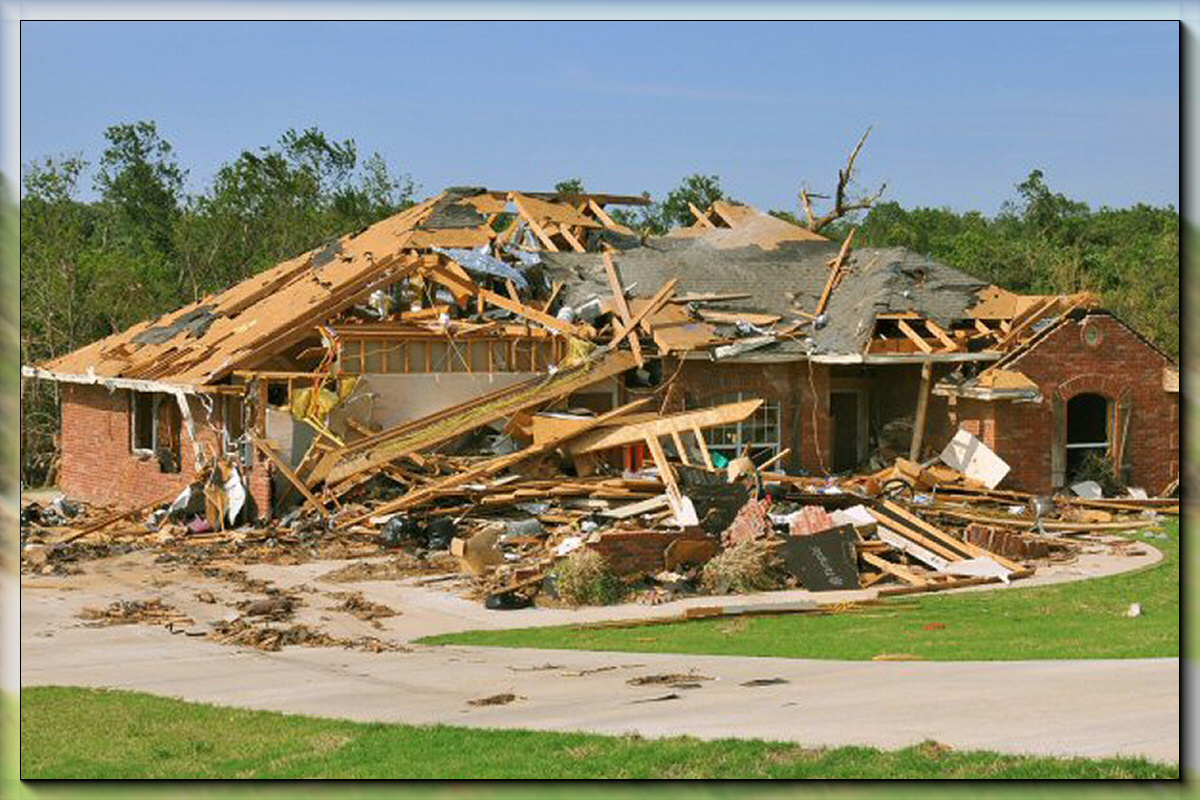Power outages usually mean it’s time to break out the candles, put away the phones and play some board games while you save all the ice cream in the freezer from melting (heroic and necessary). But are you ready if the power goes out for more than few hours? More than a few days?


The average American experiences a power outage once a year for about two hours. However, as recent events have shown all too vividly, disasters can dramatically change the game. No matter what kinds of storms your area is prone to – Nor’easters, snow storms, ice storms, hurricanes, violent thunder storms, tornadoes, heat waves – powerful natural events can knock power out for days or even weeks at a time. The best way to make sure your home, your family and your pets are safe is to be prepared.
The easiest way to do this? Build a disaster kit. Start with a sturdy bin or storage container for your home and a smaller box, bag or backpack for your car – a go bag, in case disaster strikes while you’re far from home or you have to evacuate. Next, consider any unique needs your family may have – do you have small children? Anyone with medical needs? Elderly family member? Pets? Is there anyone in your home who requires power for life-sustaining medical equipment? If so, you may consider getting a home stand-by generator, which will switch on immediately when the power goes out. You can sign up for a free in-home assessment here.
Once you’ve evaluated your family’s needs, start packing! Your box should include:
General
- A copy of all important documents stored in a water proof bag.
- Photographs of your home’s inventory on a flash drive.
- A paper map of your area – GPS may not work after a disaster.
- A basic tool kit which includes: duct tape, rope, a tow rope, a flashlight, black plastic contractor bags, sturdy shoes, heavy duty gloves and a helmet.
- Waterproof matches and tinder.
- A five-gallon bucket for collecting water, storing items, etc.
- A back-up power source for your phone in case of emergency.
- $100 in cash in single dollar bills. ATMs may not be working and people may not be able to make change.
- If you live in a flood-prone area, be sure to purchase flood insurance. Keep in mind that there is typically a 30 day waiting period!
Medical
- A first aid kit which includes band aids, gauze, sterile water, antibiotic cream, tape, over-the-counter pain and allergy medications, instant ice packs, nitrile gloves and sturdy scissors.
- Two week’s worth of any prescription medicines.
Food
- A two week’s supply of canned or non-perishable food for your family. Make sure to keep this supply updated, occasionally replacing items with fresh ones.
- Enough fresh water for two weeks. The general rule is a gallon per person per day, but individuals may have different water needs.
Elderly family members
- A two week’s supply of any back-up medical necessities.
- A back-up power source for any vital medical devices.
- If needed, a medical ID tag detailing any preexisting conditions, allergies and contact information.
Kids
- Especially for small children, it may be worth having them wear an ID bracelet or USB emergency ID band with important contact and medical information.
- A favorite toy or security blanket may that may help calm a child down.
Pets
- Dogs need around one ounces of water per pound of body weight each day. Cats eating wet food need 2-4 ounces of water per day, while felines eating dry food will need more. Each animal is different though, so consider consulting your vet on this one.
- A two week’s supply of canned or non-perishable food for your pets.
- A picture of you and your pets to verify ownership if you get separated.
- Copies of their latest vaccination records, rabies tags and local registration.
- An extra leash and collar for dogs and a soft carrier for cats.
- A reflective collar or clip-on LED to better keep track of your furry friends in the dark.
What are some disaster preparedness items you would include in your kit? Have you survived a natural disaster in your area? Leave a comment below and let us know!





